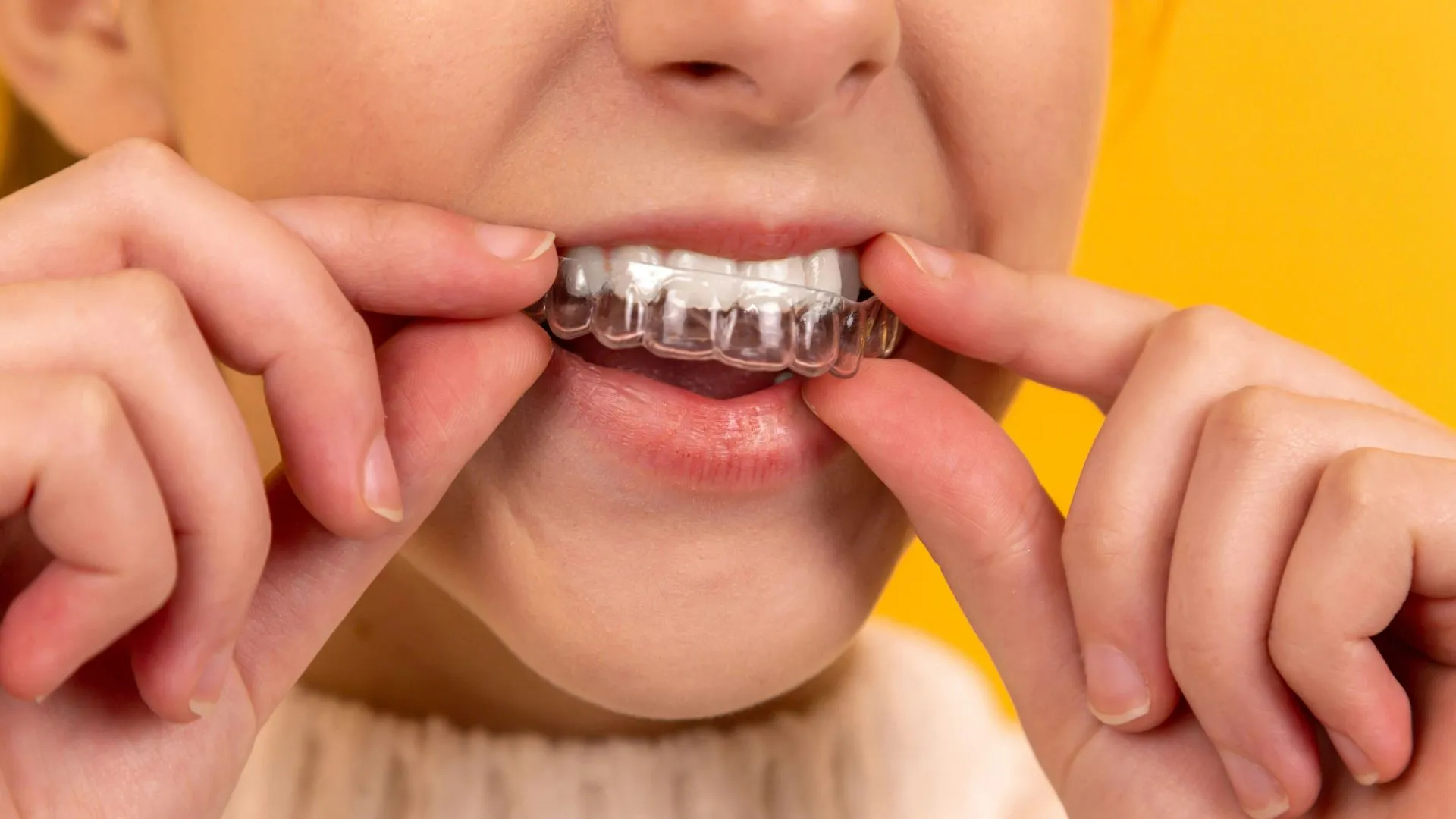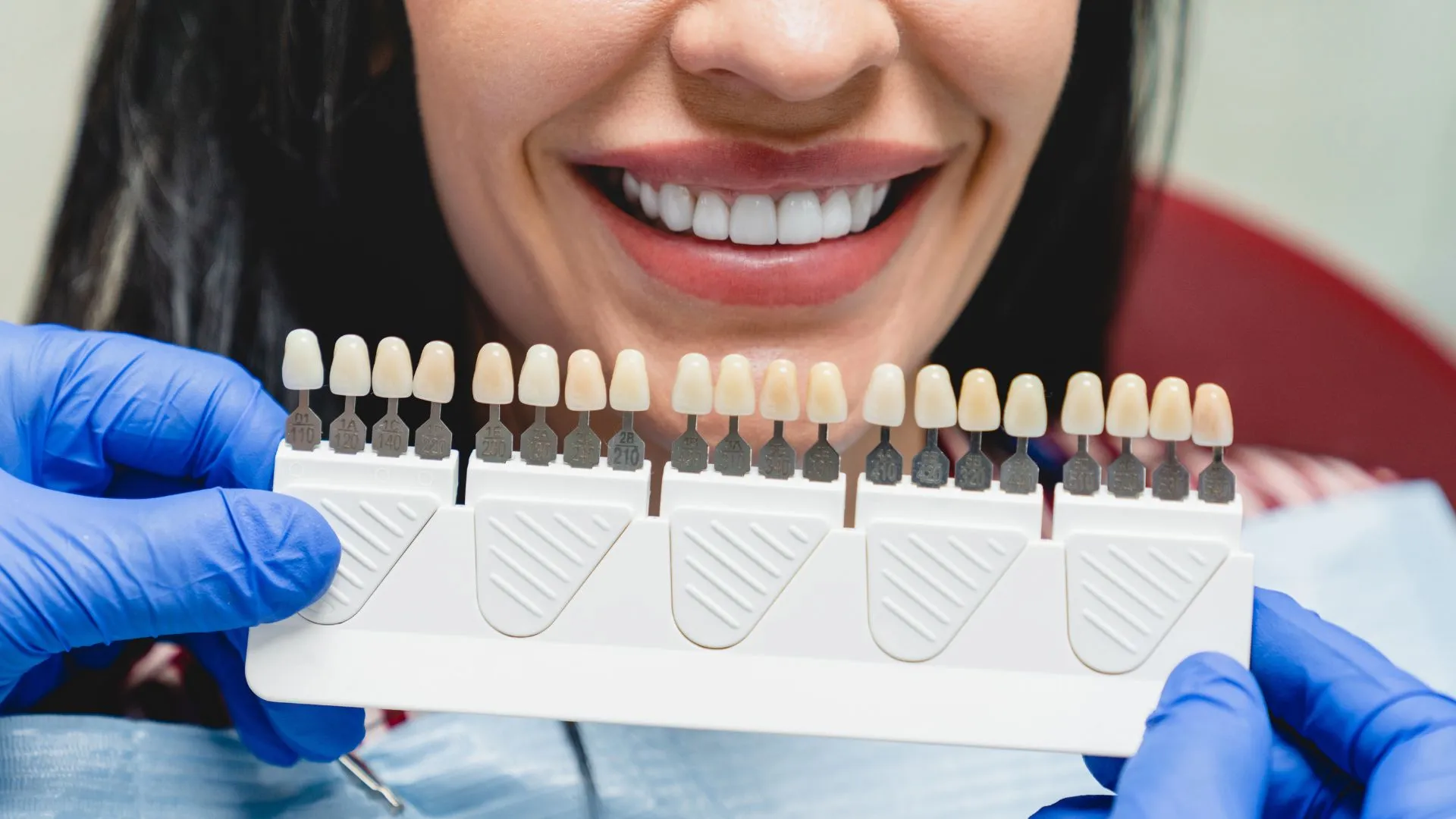Although we’d all love the gift of foresight, there’s just no way you can protect your child from every possible accident. Whether they are driving to the store with you, rough-housing with siblings, or playing a contact sport, there’s always an…
Although we’d all love the gift of foresight, there’s just no way you can protect your child from every possible accident. Whether they are driving to the store with you, rough-housing with siblings, or playing a contact sport, there’s always an inherent amount of risk in their activities.
But unlike adults, children are still mastering their fine and gross motor skills, so they may be more clumsy. And unfortunately, they also have larger growth plates (soft cartilage at the tips of bones) compared to adults, so they are more likely to sustain a serious fracture instead of just a bruise.
One accident-prone area is your child’s teeth. While you may think that elderly individuals are the only ones with missing teeth, the truth is that accidents can cause your child to lose their incoming adult teeth as well.
While a dentist would love to restore your child’s teeth with dental implants, that surgery isn’t an option until your child is about sixteen. Since jawbones are still growing rapidly, a young child wouldn’t be able to support an implant.

While you can’t always prevent accidents, there are some things you can do to prevent your child from losing his or her teeth. While brushing and flossing are a good start, some lifestyle habits can be adjusted. For example, if your child has poor eating habits and has gained lots of weight, that can impact their gums’ ability to support teeth.
Drbicuspid.com has more information on the link between weight and gum health:
Study finds 99% of obese kids have inflamed gums
The vast majority of overweight and obese children show signs of gingivitis, according to a study in Diabetes Care. While the study was relatively small, the authors highlight the need for a multidisciplinary approach to care for children with excess body fat. Researchers from Argentina and California wanted to see if excess body fat in children was tied to a number of inflammatory conditions.
They hypothesized that overweight and obese kids may also have periodontal disease because of the inflammatory processes of other diseases associated with obesity, such as insulin resistance (Diabetes Care, October 14, 2016).
“Obesity, considered a global epidemic by the World Health Organization, represents one of the most serious health problems in both children and adults,” wrote the authors, led by Patricia Lucia Casavalle. “In Argentina, [obesity] and [overweight] prevalence in childhood and adolescence has increased in the last decades to 34.6% of school children.”
Almost 99% of obese children and 85% of overweight children had at least some gingival inflammation. The researchers also found a statistically significant correlation between children with gingivitis and insulin resistance, a condition in which cells don’t respond properly to glucose.
Since an inordinate amount of weight can cause your child to suffer physically, mentally, and emotionally, it’s in your best interest to get them the help they need ASAP. If your child develops gingivitis, this can eventually progress to more serious gum diseases and tooth loss.
Another way to prevent tooth loss is to assess your child’s friend group. You don’t have to be reminded of how strong peer pressure is at that age! While no child or teen wants to be micromanaged, more and more middle- and high-schoolers are getting into vaping. Even though it may seem like it’s a healthier alternative to regular cigarettes, but it’s not.
E-cigarettes not good for gums, study finds
“We showed that when the vapors from an e-cigarette are burned, it causes cells to release inflammatory proteins,” said study leader Irfan Rahman. These, in turn, “aggravate stress within cells, resulting in damage that could lead to various oral diseases,” explained Rahman, a professor of environmental medicine in the School of Medicine and Dentistry. “How much and how often someone is smoking e-cigarettes will determine the extent of damage to the gums and oral cavity,” Rahman added in a university news release.

The researchers also found that the flavoring chemicals used in e-cigarettes play a role in damaging cells in the mouth. “We learned that the flavorings — some more than others — made the damage to the cells even worse,” said study co-author Fawad Javed. “It’s important to remember that e-cigarettes contain nicotine, which is known to contribute to gum disease,” added Javed, a postdoctoral resident at the university’s Institute for Oral Health.
Both obesity and e-cig habits can contribute to chronic inflammation. Not only does this inflammation increase the risk of tooth loss, but there are other physically- and mentally-taxing side effects. Be sure to talk with your dentist about your concerns if your child has either of these two issues. If your child has already lost some teeth, don’t put the implants on the back-burner: now’s the time to start saving for that restoration when they are in their late teens.



